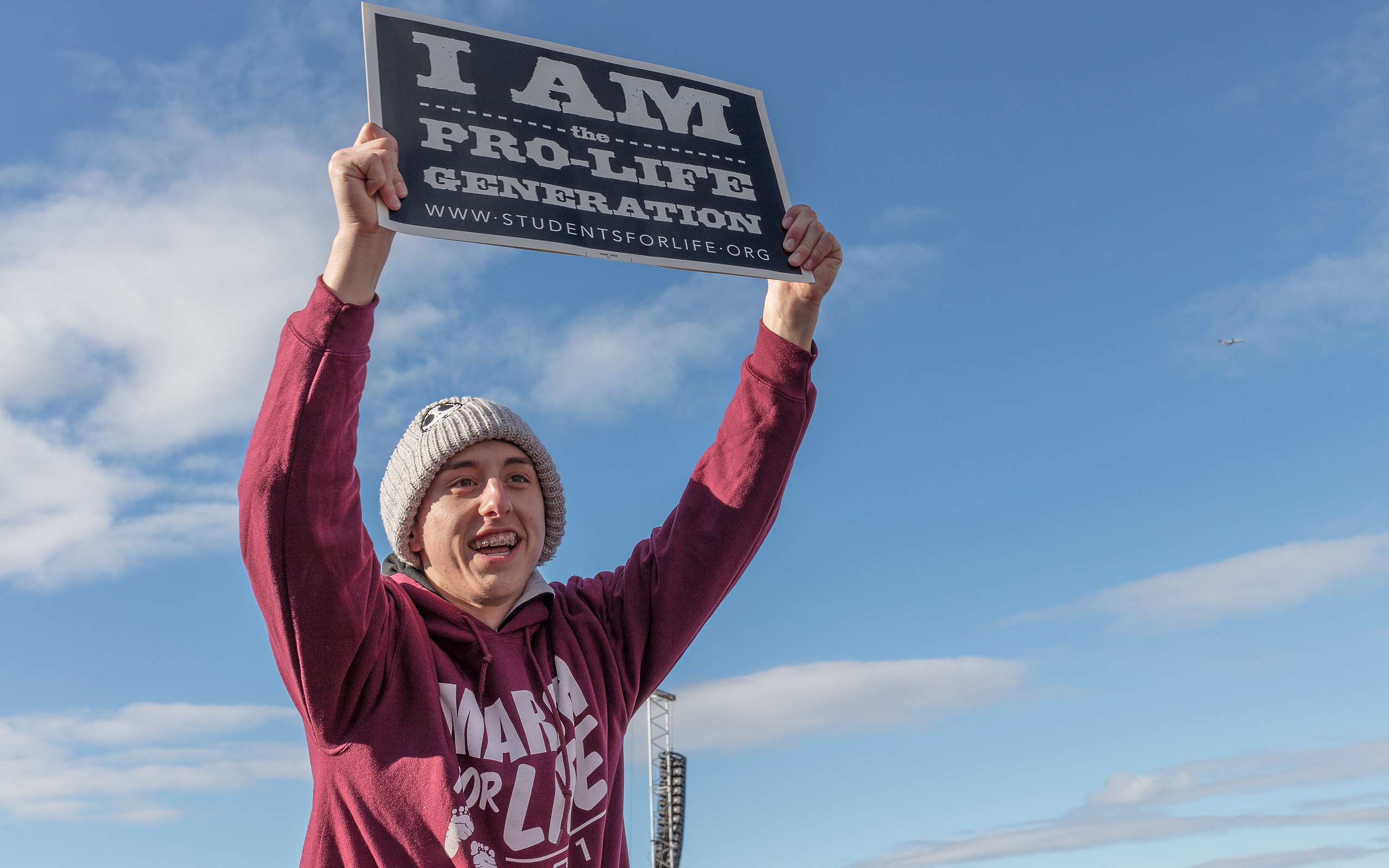
Curt Flewelling, FISM News
elfsight_social_share_buttons id=”1″]
The American Center for Law and Justice (ACLJ) has declared an initial victory in its lawsuit against the Smithsonian National Air and Space Museum (SNASM) for unfairly removing its clients from the venue based on their religious beliefs.
The federal institution has agreed to enter into a consent order prohibiting the Smithsonian from harassing pro-life individuals.
WHAT HAPPENED?
The lawsuit stems from a January 20, 2023, incident where it is alleged that security officers at the museum unfairly targeted a group of students from a Greenville, SC Christian school when they insisted that the children take off their pro-life hats or leave the building.
The kids and their parents claim that they were mocked, called expletives, and told the museum was a “neutral zone” where they could not wear anything expressing a pro-life view. The students were wearing typical winter hats that had the words ‘Rosary PRO-LIFE’ written on them as they were returning from the March for Life rally.
Blowback was swift as the ACLJ fired off a letter to the Smithsonian informing them that they would be representing the aggrieved individuals involved in the incident and that litigation should be anticipated.
The nonprofit law firm’s Executive Director, Jordan Sekulow, called the treatment of his clients unconstitutional.
“The way these students, many of whom were minors, were treated by their federal government — the Smithsonian and its employees — should shock everyone to the core. It’s not only abhorrent; it’s blatantly unconstitutional,” Sekulow said.
CONSENT ORDER
Per the order, the SNASM, and all Smithsonian museums, have also agreed to instruct their security officers not to consider pro-life speech as grounds for removal from any of their museums. This speech is to include “passive” speech in the form of hats and clothing with messages on them as well.
Fresh off their victory, ACLJ Senior Litigation Counsel, Ben Sisney said, “This is a positive step that validates what they went through was wrong, this agreed order just sets in stone that won’t happen while this case is pending.”
Sisney believes that the case will either be resolved by settlement, trial with a final order similar to the one now in place, or perhaps, an order that goes even farther than that. The group is extremely confident it will prevail in court as they point to the Shurtleff v. City of Boston case in 2022 as legal precedent. In that case, the Supreme Court unanimously (9-0) ruled that the government may not suppress the speech of private parties for the sole reason that the speech is religious.
Despite this probable outcome, and legal precedence resulting in numerous victories for religious/freedom of speech advocates in similar cases around the country, these types of battles not only persist, but are becoming more frequent.
